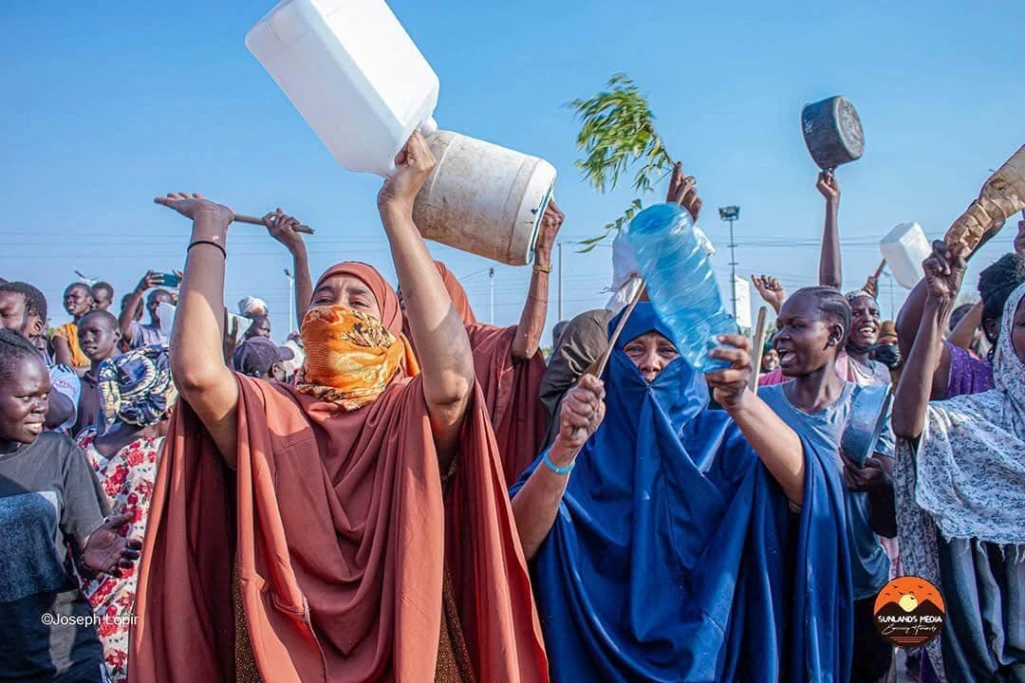
In an effort
to disperse the protesters at Kenya's Kakuma Refugee Camp, the police
apparently shot at them, leaving at least five people injured and one person
dead, according to refugees on the ground.
Last week, on
Friday, residents of the camp staged a protest after going five days without
water amid acute food shortages and inadequate healthcare.
Taban Peter,
a refugee at Kakuma, told The Radio Community that they are protesting poor
health services and reduction in food rations.
“People don't
want to be integrated. The reason is, they said, if the host community is
suffering through their government, now you want to integrate us, losing our
identity and even putting us, putting the refugee community, into the same
suffering that the host community is suffering,” Taban explained.
According to
Taban, most of the indigenous community—the host community—is benefiting from
the refugees, as in the little resources that they are getting, the food, and
the water.
He continued,
“So in the morning, they were talking; some of them [refugees] went to the
other side of the police station because the UN side is opposite there. So,
some of the youth went there, like trying to make some noise, and then police
replied, Start chasing them, shooting.”
Taban said
those injured are in the hospital but in critical condition.
Another
refugee is Rose Naboi, who has lived in the camp since 2016; she describes the
protest as a peaceful one.
“Actually,
the protest was peaceful around 12, when the police started shooting, teargas
involved, 5 people injured; out of the 5, four are South Sudanese nationals and
one Somali national,” Rose Naboi narrated.
Another
refugee who prefers not to be named added that, “There was a protest this
morning, and the police were shooting at people, even using teargas.”
As essential
supplies have dwindled, the community's growing sense of desperation has fueled
protests.
The
opposition to integration is one of the key reasons why most refugees are
protesting.
The camp
hosts South Sudanese, Somali, Congolese, and Burundian refugees.
South Sudan
became a country in 2011 after a civil war, but conflict resumed in 2013,
causing armed violence, economic decline, disease, and hunger.
The conflict
forced millions to flee, with many seeking refuge in neighboring countries like
Sudan, Uganda, Ethiopia, Kenya, and the Democratic Republic of Congo.
Kenya's
Kakuma camp and Kalobeyei settlement host over 148,000 South Sudanese refugees,
one of the largest refugee populations globally.
The UNHCR is striving to offer refugees in Kakuma opportunities for success, but this effort is insufficient.